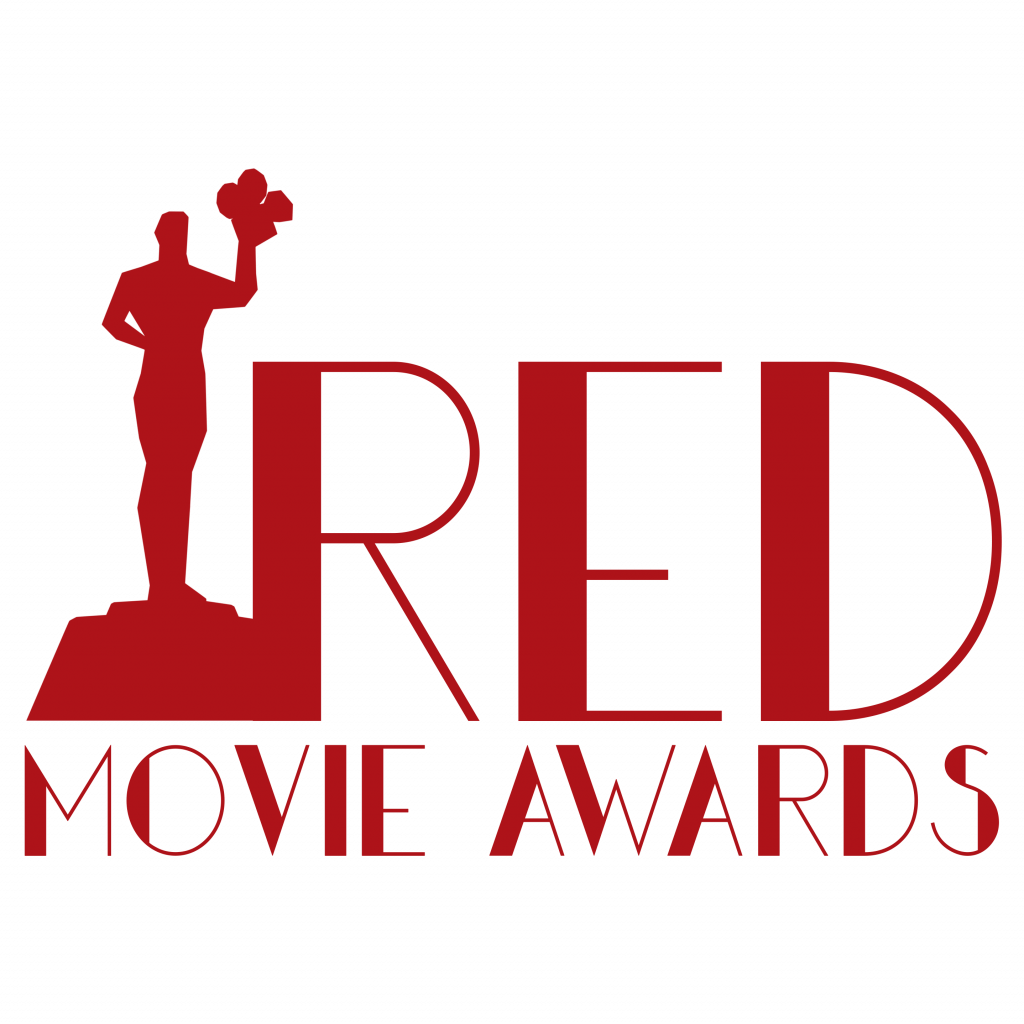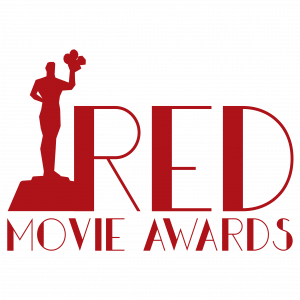THE INTERVIEW
October 28th, 2021
JAMIESON TABB &
BELLA ZOE MARTINEZ
DIRECTOR AND ACTRESS OF GLORY & INJUSTICE
BEST FANTASY – 2022 SPRING EDITION
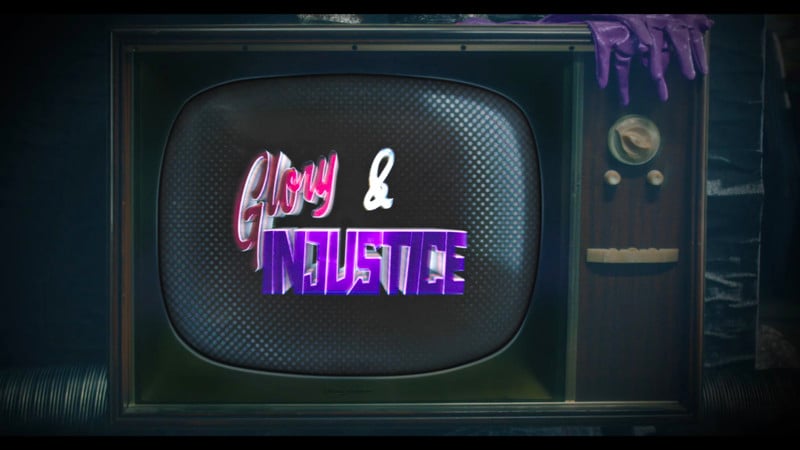
Jamieson and Bella, tell us a little more about yourself. Where did your desire to be a director come from?
Jamieson: Ive always wanted to direct. Started in commercials, but wanted to have the ability to be a storyteller, bring focus to issues and move an audience to emotion, and take that journey with me.
Bella Zoe: I never wanted to direct. I like telling people what to do sometimes, but I don’t think that’s the same thing. It’s way more than getting the “good” chair.
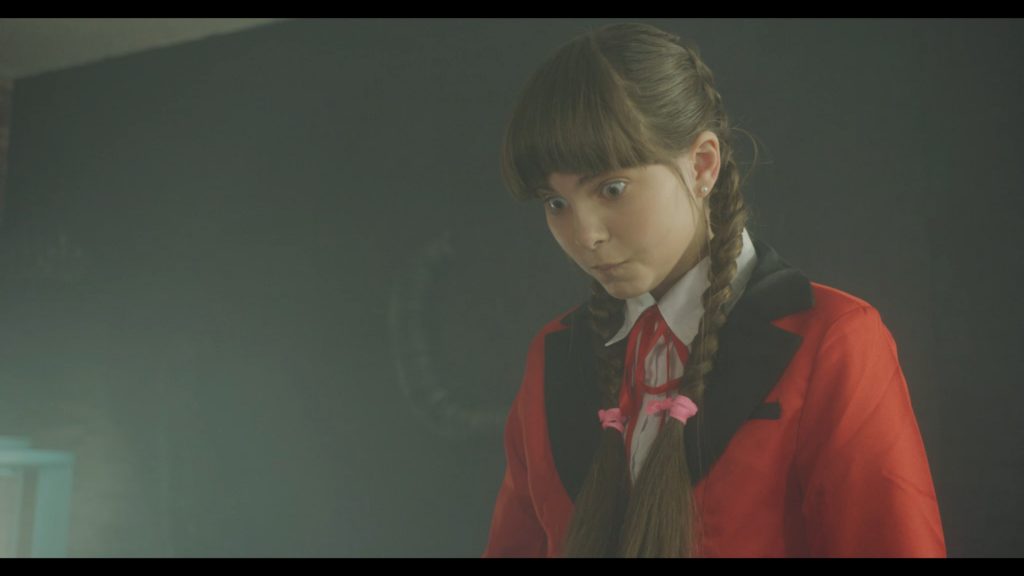
Bella Zoe, can you tell us a bit more about yourself, what is your background?
Jamieson, how your work on advertising to influence your fictional universe ?
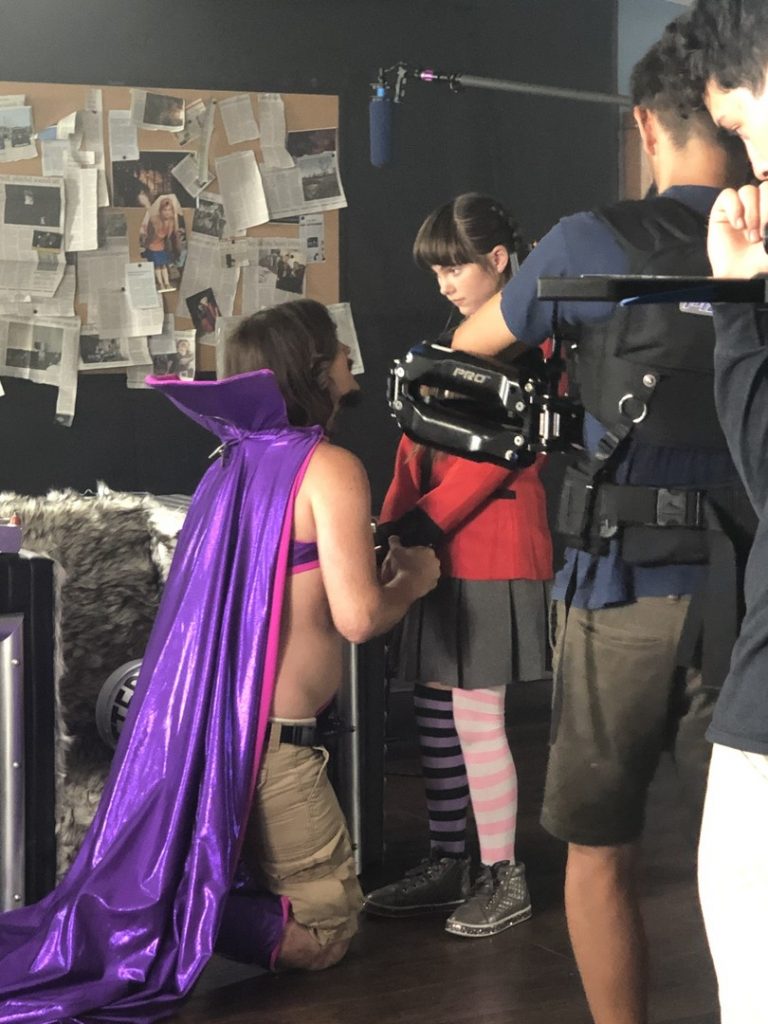
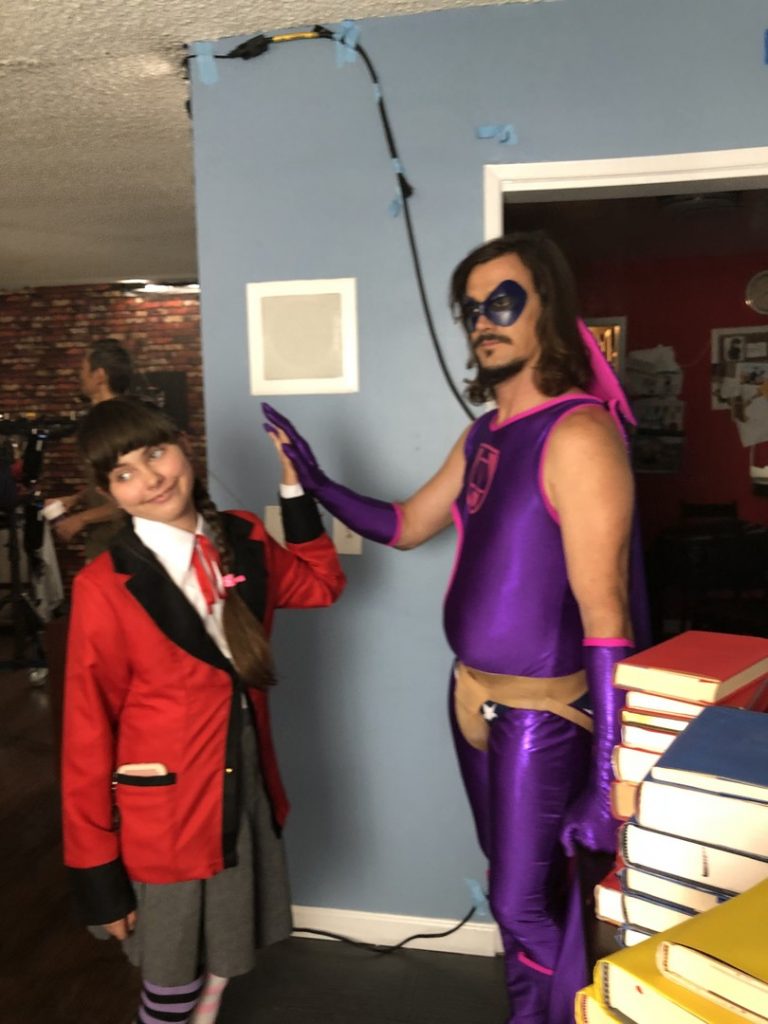
Jamieson: Helping a young filmmaker have the ability to tell a story, from her point of view, as an autistic girl, but guiding her story arc in a meaningful way. Bella is autistic, so the world is her POV, but Glory is not autistic. It was a unique twist on the portrayal of an autistic filmmaker – that hadn’t been done before.
Bella Zoe: My inspiration was never seeing myself in films or TV. The autistic characters were the same stereotype, boys, with stimming behaviors like flapping, or rocking. It’s not an accurate representation of the autistic community as a spectrum.
Or the characters were props for the main characters or storyline, not a three dimensional fully realized person, but only seen through the eyes of the “normal” characters. Or we have the ability to cast off autism in moments of dire peril or extreme stress. There’s no sad realization that no matter how much we want to, and try to, we can’t. And it’s really hard to know you’re acting in a way that’s totally the opposite, know how you should respond, but can’t.
Zoe - My parents have always told me if I want to see a change, then do something to make it happen in a good way and not just complain
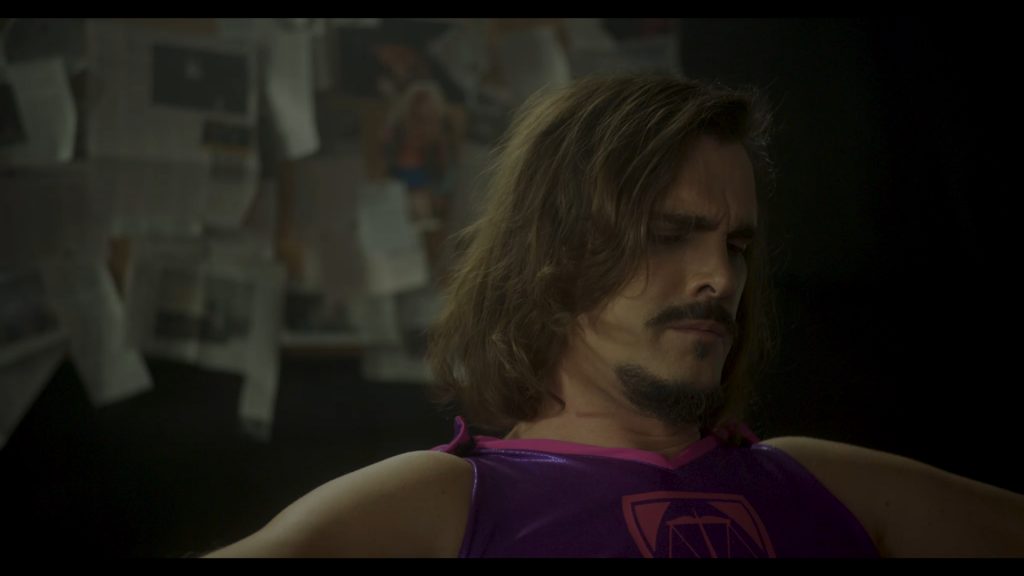
Both: This was kind of a mash of the cinematographer, Peyton Skelton, costumer Mikael Sharafyan and us as a creative team. The world was supposed to be just slightly skewed – earth adjacent – so it would reflect the concept we are looking through a different lens or POV of the world, with characters that were “normal” in that place. It was on purpose. We wanted to give the audience the sensation of what it kind of feels like to have autism – they can’t see the world any other way.
Jamieson: Eric, (lord injustice) has been a good friend for years, and he roped me into the project. He was also Bella’s acting coach at the time, so they already had a family like rapport, but definitely NOT a father – daughter kind of feel. It was harder for Bella to show that kind of easy intimacy you have with a parent naturally. We worked on it in various ways, to keep it new. But we also did various scenarios where they interacted as Glory and LJ, but not within the framework of the script.
For example, Bella is a fan of Deadpool, so she re-enacted the scene in Once Upon a Deadpool scene with Fred Savage, when he’s “duct taped” to the bed in the same set from the movie The Princess Bride. Bella “superglued”Eric to the throne, so when he tries to get up after I say cut, he can’t. He asked Bella why, and she explains she’s rehearsing to audition for the role of Cher in Deadpool 3. (The daughter of Deadpool and Vanessa). They played around with different techniques, and building a rapport of that camaraderie, where they’re both laughing at an inside joke nobody gets. But when it was time to push through and work, it clicked.
Bella Zoe: Eric was my coach (still tells me what to do sometimes, lol.) and a good family friend. He got my sense of humor and was willing to take the leap of faith in my kinda hair-brained scheme. He also got why I wanted to be villains – because they totally get the best clothes, (well, not so much for LJ, although flashy) the best lines and get to be sarcastic and say what everyone is thinking. I liked the freedom Glory has to say what she thinks. We spent time goofing off with the characters to see what happened next. It was fun.
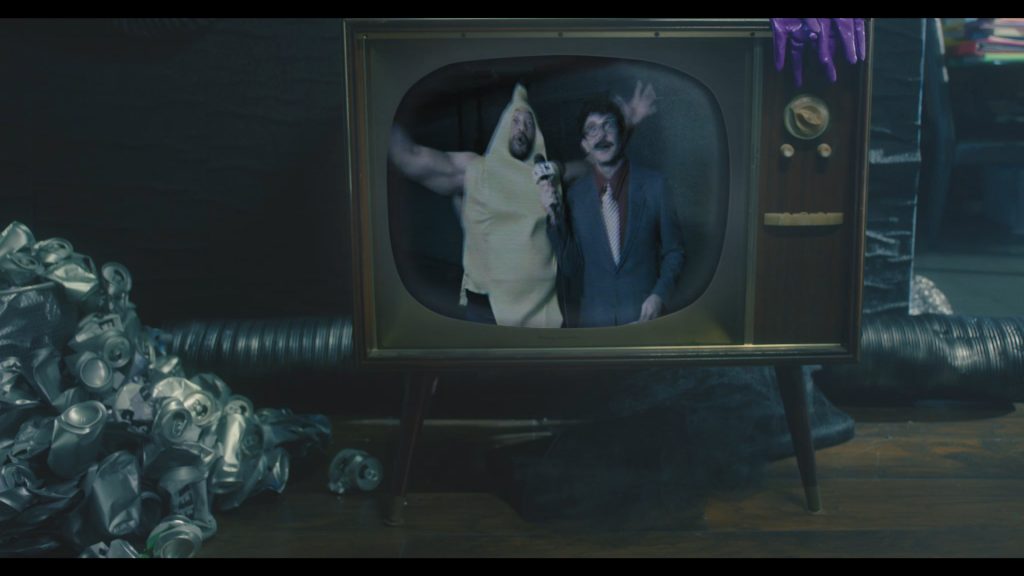
We wanted to give the audience the sensation of what it kind of feels like to have autism - they can’t see the world any other way.
Jamieson: Yes, because even a supervillain has family, real problems, and doesn’t understand his teenage daughter. People think larger than life characters don’t have ordinary problems, like a bad breakup, or get depressed. They’re still human in that sense where they have the same desires or fears as anyone else.
Bella Zoe: Just because you don’t see someone’s POV, or tcompletely disagree with them on just about everything, doesn’t mean they don’t have the same flaws. I also wanted to see why LJ would be terrified to have Glory testify in his favor in a divorce court hearing.
Even the villain is terrified of what she’ll say or do to “help” him. And it would be for real on her part, no matter how badly she messes it up. She has the same fears as any kid. The same anger at being betrayed and abandoned. She also has her own power to check – so it’s trying to control more out of control issues when she shuts LJ down when he does the earth shaking voice. With autism, we can’t turn it off like a faucet. We’re stuck with it and have to cope, just like glory with her powers.
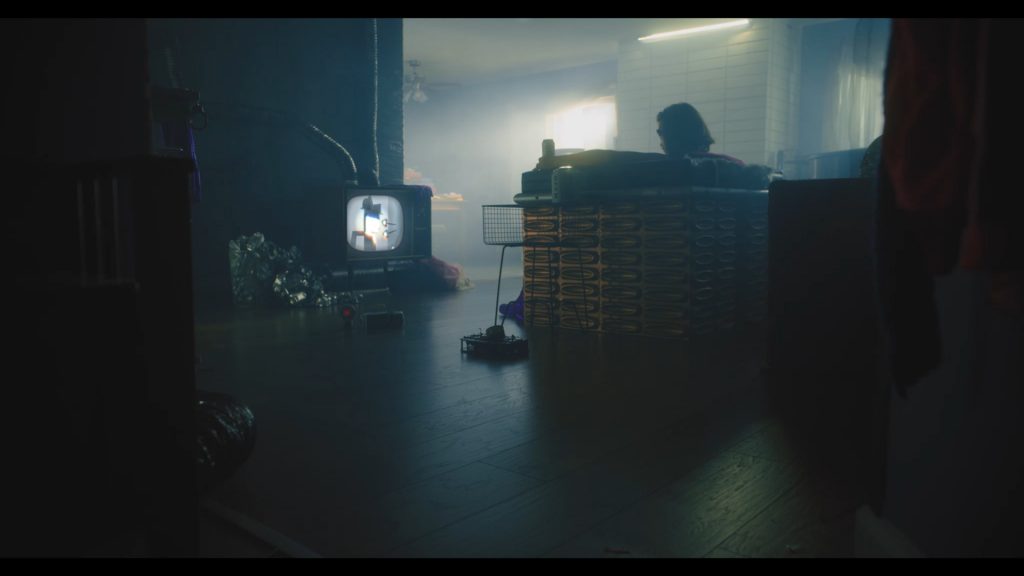
Jamieson: No one has ever looked through this lens before.
Bella Zoe: Because I’m autistic, lol.I’m weird and I’m good with that. My entire family is weird. My sister Kennedy and brother Alex are both on the autism spectrum as well – but totally different from me. We’ve got the entire bag of cats in one house. Never bored, for sure. My parents say that if you’re good at what you do, people just call you eccentric.
Jamieson and Eric were willing to go with me into my weird, and were able to keep up. It’s off just enough to have a neurotypical audience squirm and not able to quite figure out why. They’ve never seen it through the autistic perspective. Boom.
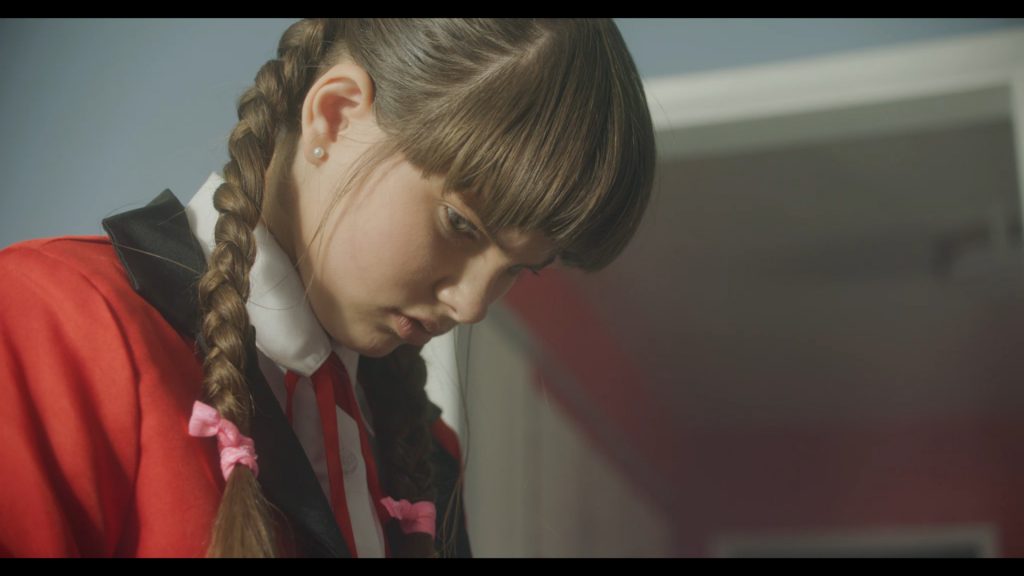
What do you think of people who criticize the fact that there are too many superhero movies?
Jamieson: Everyone has an opinion. It may not be for them, but works for us. I do get the over saturation of super hero films, especially lately. But the majority are just on the surface; they aren’t using that world to show something new.
Bella Zoe: Who cares? Of course there are too many. There’s too many of a lot of things that are way worse than tights and tighty whities. Besides, I like making people smile, or learn something through laughter instead of being totally depressing. I’m totally okay with there being too many – and we did it different.
The same things pretty much make people universally sad. That is definitely NOT the case with comedy. Nobody agrees on anything, which makes it more fun. I like the Mel Brooks school of comedy. And people are guessing whether I mean something literally or am being sarcastic – (something people don’t believe autistic people are capable of doing. Even better. Nobody wants to admit they didn’t “get” it.)
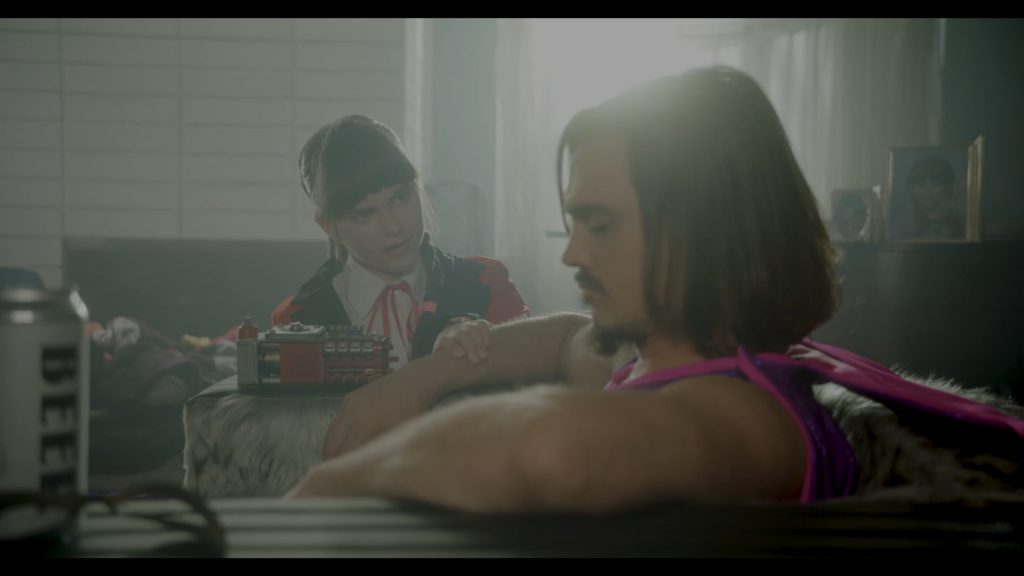
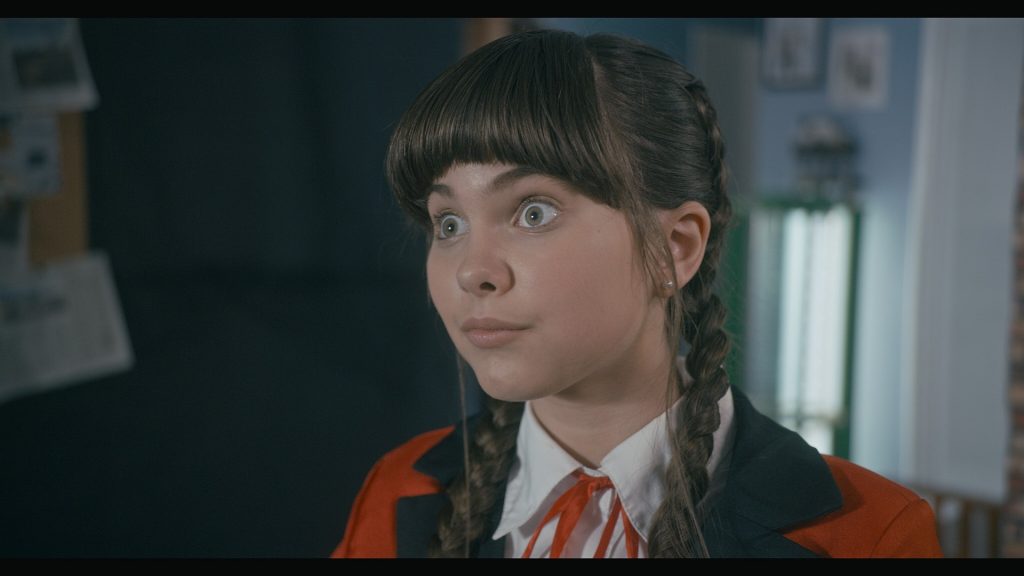
Bella Zoe: A short entitled “since More, Like Rainman”. It’s a depiction of being an autistic actress and how differently people see me – auditioning as a normal teenage girl vs an autistic one.
It’s from my POV, so the audience is inside my head, seeing it how we see things. Just because we don’t “look” autistic, or appear to be paying any attention to anything around us doesn’t mean we aren’t paying attention.
People talk as if we aren’t in the room, or don’t understand, like on a stupid level. Most of them don’t mean to be judgy or kinda offensive – they really believe what they’re asking me, and want to learn. (Some people are just jerks, though. But that has nothing to do with my autism. They’re like that to everyone, it’s just most people put up with it and don’t say anything. Autism does mean there’s less of a filter between thinking something and deciding whether I should say it out loud. My sister generally doesn’t even stop to think about it. If you don’t like what she says, then it’s on you. She doesn’t care – in the sense that she isn’t trying to be mean or insensitive, but that someone else might think it is.
If I’m going to make a dent in a stereotype, it means I actually have to DO something and not just complain about it. Anybody can do that.
